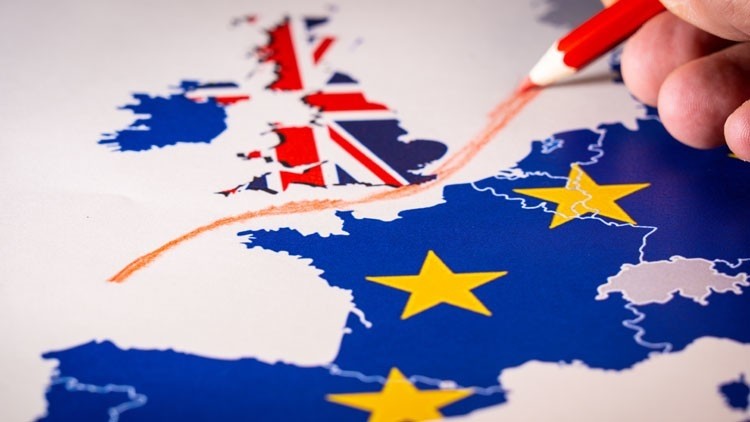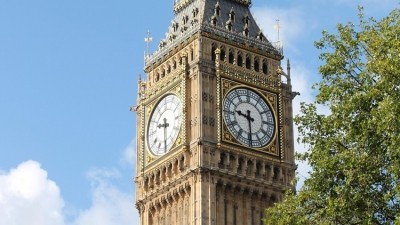Hospitality businesses urged to register for sponsor license or face post-Brexit recruitment shortage

Figures from the Home Office show that just 2% of British companies have so far registered for a licence to sponsor applicants on a Tier 2 or ‘General’ work visa, which is the main UK visa route for skilled workers.
Yash Dubal, director of London-based A Y & J Solicitors and an expert on immigration and visa law, warns that businesses without a valid Tier 2 sponsor licence when free movement ends on 1 January 2021 will be restricted from access to EU and other foreign skilled personnel after that date.
“The hospitality industry has suffered considerably under the Covid-19 restrictions,” says Dubal.
“Hopefully, next year will see shoots of recovery as things get back to normal, but that will also require businesses being able to recruit from abroad to meet an increased demand.
“Hospitality has always relied heavily on recruitment from overseas; the shortage of skilled chefs in particular shows that unless this demand for professionals can be met, it will hold British businesses back from economic growth at a time when they will most need it.”
He adds: “It’s shocking to me that so few businesses seem aware of these rules. My advice would be to prepare now to make sure the UK’s hospitality sector can thrive.”
Yesterday (9 November), Home Secretary Priti Patel announced that the Government’s new points-based immigration bill had passed through Parliament.
The so-called ‘Australian-style’ immigration system is designed to favour workers who are judged to be ‘high-skilled’, and end ‘low-skilled’ migration from the EU once the UK leaves the bloc at the end of the year.
Those wishing to come and work in the UK from the EU under the new system would have to secure a job with a minimum salary threshold of £25,600.
Employees earning less than £25,600, but more than £20,480, would still be able to apply for a visa if it was to work in a 'specific shortage occupation' role; while anyone earning less than £20,480 would not be able to take a job in the country.
Government visa sponsor scheme
UK employers wishing to hire skilled migrants must be registered on the Government visa sponsor scheme when the new immigration rules come into effect.
Currently the scheme only applies to workers from outside Europe, but after 1 January 2021 all overseas workers will require a visa.
Worryingly, Dubal believes not enough is being done by the Government to raise awareness, and he says that many employers are unaware of the requirement to register.
“While there has been a campaign about the new points-based system, hardly any of it has been aimed at employers to tell them that they need to register if they plan to hire skilled workers from abroad next year,” he says.
Dubal also believes that the current sponsor registration system needs to be overhauled to make it easier and cheaper for British employers to recruit skilled migrants and bridge the skills gap.
After 1 January, businesses must pay an Immigration Skill Charge (ISC) of £1,000 per year for each skilled overseas worker they employ.
“The Home Office does not make it easy and there seems to be a policy of discouragement,” he says.
“British companies are facing personnel shortages. The problem can be addressed by hiring from abroad, where there is a huge and highly skilled pool to pick from.
“It makes good sense to make this hiring process easy.”




















